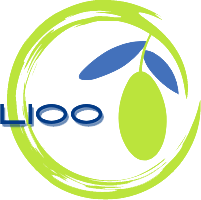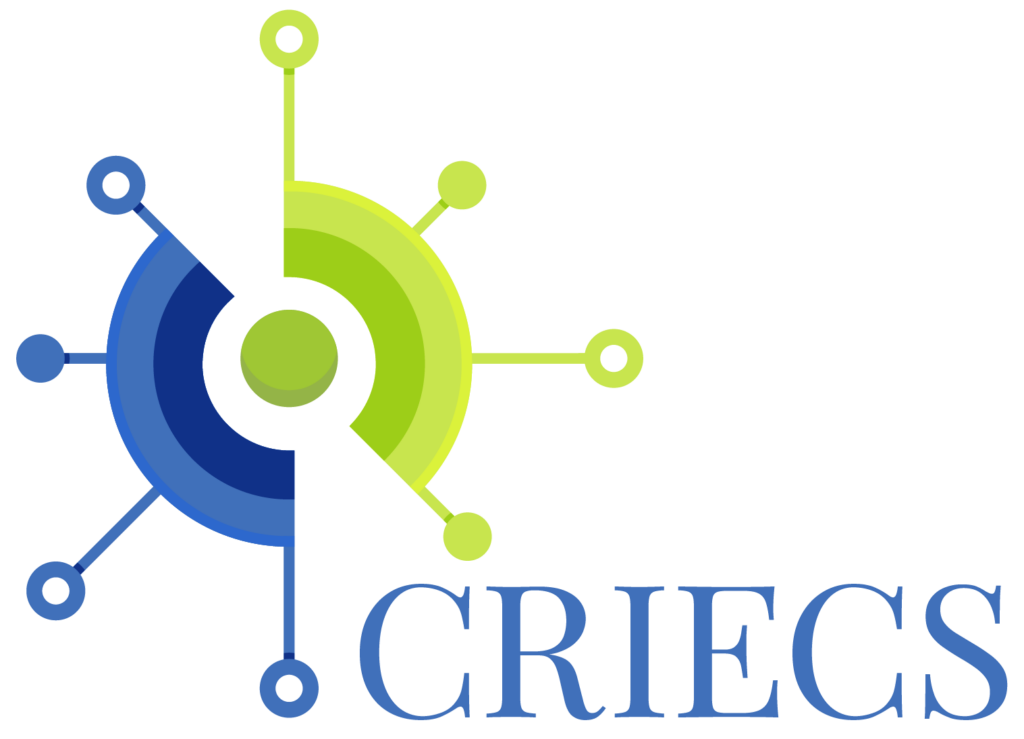

Workpackages of the LIOO project
The project, developed by the University of Tuscia, was created to provide operators and the national territory with the appropriate technological and research tools to support the transfer and application of technological innovations.
The project is divided into 7 main workpackages:
- WP1 – Genetic and health certification of propagated varieties and oil, in order to introduce an identity certification system for cultivated varieties (cultivars and clones) based on barcode and molecular marker systems to raise the assurance and quality of Italian production;
- WP2 – Fruit ripening, in order to introduce technologies for predicting the optimal ripening time of the fruit for harvesting and processing into oil and table olives with high sensory and nutritional value, for the coordination of farm and consortium realities of different territories.
- WP3 – Quality, Control and Certification, is structured along four fundamental lines for the preservation and development of Italian heliotechnology: technological innovations (mechanical systems of extraction/processing, advanced control sensors, new materials) for the production of oils of excellence, integrated with the logistics of olive production for the dimensional and operational efficiency of mills of high quality extra virgin olive oil, in relation to varietal characteristics, the time of ripening of the drupe and the parameters of the extraction process; this action makes it possible to acquire information on the overall quality of the product, thanks to the use of advanced technologies, and to apply predictive models that make it possible to obtain quality products and to diversify the supply from a nutritional and sensory point of view; new analytical techniques and/or revision of existing ones for anti-fraud control and advanced systems for guaranteeing and certifying the origin, quality and environmental impact of the product.
- WP4 – Quality of table olives, in order to improve the potential of table olive growing and to enhance the segment from the supply chain from harvest to product production.
- WP5 – Resource generation from waste: production of bioactive molecules and agro-industrial and energy products with the aim of assessing the chemical potential (in terms of biologically active natural organic substances) contained in OMWW and milling pate for subsequent valorization in the cosmetic, agronomic (fertilizers, soil conditioners), energy (biogas, biofuels and biolubricants), agribusiness, nutraceutical, pharmaceutical and fine chemicals markets once extracted from the original matrix.
- WP6 – Innovation in pre/post-production: micro-plant systems for widespread and/or niche self-production, smart packaging and infotracing. This WP involves the study and popularization of high-quality micro-plant systems to enable widespread and access to oil (self-)production even for small/very small producers or for niche productions. In addition, innovative actively controlled packaging systems and web-based sensor and information systems on quality and traceability/traceability extended to the entire supply chain are studied.
- WP7 – Behavior Analysis and Dissemination, in order to conduct a series of quantitative and qualitative surveys to identify consumer motivations and behaviors, as well as perceived quality in order to implement a new product enhancement strategy aimed at international positioning. In addition, the study also aimed to analyze the perception of the environmental impact of the olive oil production process by the final consumer, who appears to be particularly sensitive to the issues of sustainability and circularity of processes (WP5). The goal is to develop an overview of consumer behavior in general, not only on the product preference front, but also on the environmental issue.




